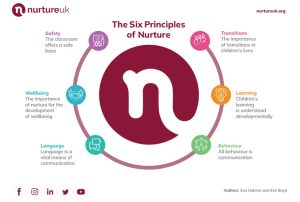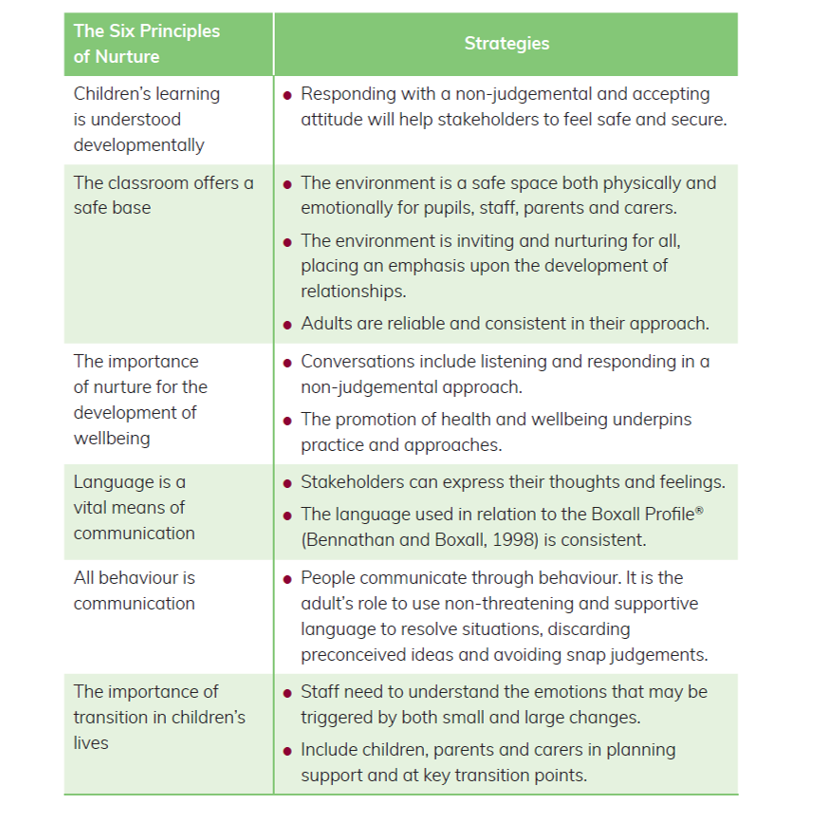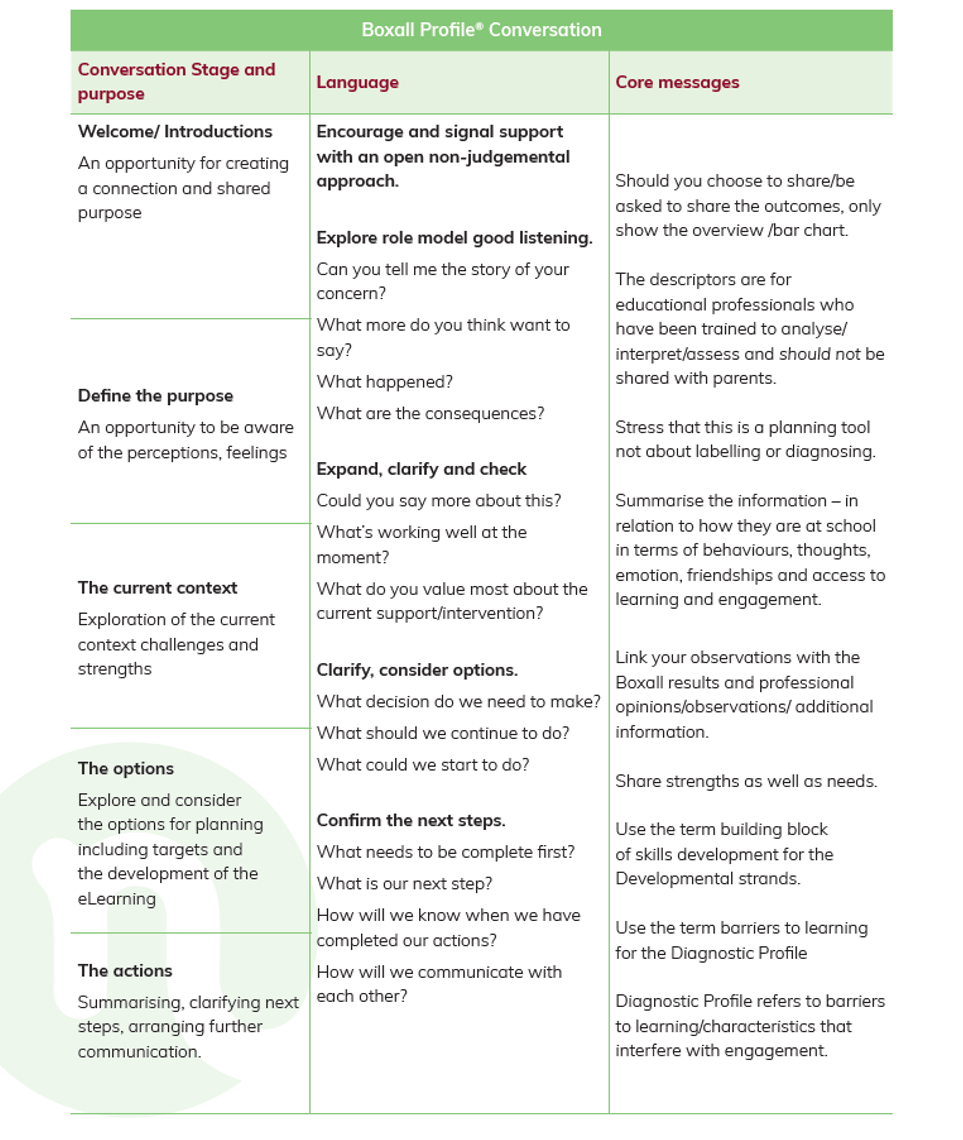An Educators Guide to Boxall Profile® Online Conversations with Parents and Carers
The relationship between school and parents and carers plays a pivotal role in shaping a child’s outcomes and overall development. This collaborative partnership serves as a foundation for a child’s educational journey, with communication and cooperation between this partnership greatly impacting a student’s success.
When parents and carers are actively engaged in their child’s education, and with their school, it creates a positive learning environment that extends beyond the classroom. Open lines of communication foster a deeper understanding of a child’s strengths, challenges, and individual needs. This synergy between home and school promotes a holistic approach to education, ensuring that a child receives consistent and cohesive support, ultimately enhancing their academic performance, emotional wellbeing, and long-term success in various aspects of life.
We recognise the importance of sharing a child or young person’s progress with their parents and carers and have developed a guide for educators to use when discussing Boxall Profile® reports.
The Six Principles of Nurture
The use of the Boxall Profile® (Bennathan and Boxall, 1998) is informed by the Six Principles of Nurture (Holmes and Boyd, 1999) – the emphasis being upon relationships and relational practice. It involves all stakeholders.

The Boxall Profile® conversation aims to:
- Develop/sustain a working relationship between the parent/caregiver and the school /staff.
- Provide the parent/caregiver with the opportunity to share their concerns/current situation.
- Provide the school/staff with the opportunity to share their concerns/current situation.
- Provide the school/staff with the opportunity to share a summary of the Boxall Profile® (Bennathan and Boxall, 1998), including:
-
- What the Boxall Profile® (Bennathan and Boxall, 1998) is and is not.
- Consider strengths and needs.
- Consider the barriers to learning.
- Provide the opportunity for shared dialogue.
- Determine the next steps which could include:
-
- Targets,
- activities that will contribute to achieving those targets,
- strategies that will be used in school,
- strategies for parents and caregivers,
- the responsibilities of the parent/caregiver, the pupil and the school.
- Clarify the most effective means of communication between meetings.
- Identify other portals of support to access (services, etc.) for both the parent/caregiver and setting.
Nurtureuk recommends that the Boxall Profile® (Bennathan and Boxall, 1998) conversation should take place with the following strategies in mind.
Conversations informed by the Six Principles of Nurture

This advice aims to ensure that conversations with parents and caregivers are positive, supportive and constructive.
The Boxall Profile® Conversation
Each conversation will have a purpose with a number of stages. Throughout the conversation we recommend the following approaches with regards to the language and core messages.

You can find more information in the Boxall Profile Handbook (revised 2023) available here.
